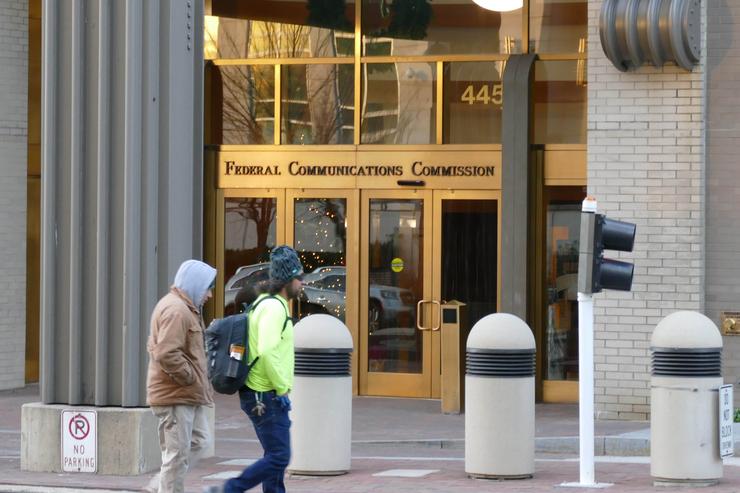
IDG
The latest political upheaval to hit the U.S. is very relevant to anyone involved in tech: Congress has voted to overturn recent FCC rulings that would have forced ISPs to get your permission to collect and sell data on your various online habits. You know all that targeted advertising that makes you crazy (and provides a nice income for broadband providers)? It's not going to stop.
One thing to keep in mind: What this basically means is that nothing will change. The FCC rules had not yet gone into effect, so that your data is no less safe than it was last week. That being said, while communications and cable companies are probably holding quiet celebrations, this is a serious blow to privacy advocates. While the new rules weren't perfect, they would have been at least a first step in protecting consumer data.
So what now? Computerworld has covered various aspects of this issue. What follows are a variety of informative articles on what happened, what the implications are, and what you can do to protect yourself.
What happened?
How did we get to where we are?
Senate votes to kill FCC's broadband privacy rules
The Senate action would allow broadband providers to sell customer data and browser histories without permission, critics say.
What it means
What are the implications -- for users and for broadband providers -- of Congress' action in revoking the FCC ruling?
Internet privacy? Who needs that?
Senate Republicans think it's fine and dandy for your ISP to sell your private data.
In mining user data, ISPs have to weigh cash vs. privacy
Some experts worry that broadband providers will go too far in monetizing customers' data with the privacy rule repeal.
Congress to U.S. citizens: Want online privacy? Pay up!
Worried consumers may resort to buying VPN services and paying higher fees to ISPs to protect their privacy.
What can you do to protect yourself?
There have always been ways you can protect your privacy -- at least, to some extent. Here are some suggestions.
What to look for in a VPN to protect your privacy
How much a VPN can protect your privacy or anonymity really depends upon which VPN you choose. Here are some things to look for in a VPN to best protect your privacy.
Review: Consider VPN services for hotspot protection
We review 7 low-cost VPN services for when you're out of the office or out of the country.
5 things you need to know about virtual private networks
VPNs are important for both enterprise and consumer security.
The paranoid's survival guide, part 1: How to protect your personal data
Privacy is under attack from all quarters, but even today, there are things you can do to protect your personal data. Here are some tips.
The paranoid's survival guide, part 2: Protect your privacy on social, mobile and more
Here's how to minimize your personal data footprint when messaging, on social media, and using mobile apps.
The paranoid's survival guide, part 3: Opting out, and how to protect your personal data offline
How to just say no to direct mail and other 'offers.'
What can you do to change things?
You can try to protect your own privacy -- or you can look at the larger picture. Here's what privacy advocates are trying to do.
Privacy activist wants to unveil lawmakers' browser histories
GoFundMe campaign focused on fighting back at Internet privacy changes.
Privacy advocates plan to fight Congress' repeal of ISP privacy rules
New legislation to restore the FCC's regulations is on the way, but its passage seems unlikely.
Up next: Net neutrality
Now that the FCC ruling protecting consumer privacy has been removed, the next target is net neutrality. If this issue is on your list of concerns, you may want to start paying attention.
Survey: IT workers worried about U.S. net neutrality repeal
More than eight in 10 U.S. IT workers surveyed support the net neutrality rules.
New FCC chairman: Net neutrality rules were a 'mistake'
Pai promises a return to 'light-touch' regulations for the internet.
Senators push FCC to keep its net neutrality rules
Critics tell the Republican-led agency to put 'consumers first.'
Join the CIO Australia group on LinkedIn. The group is open to CIOs, IT Directors, COOs, CTOs and senior IT managers.
